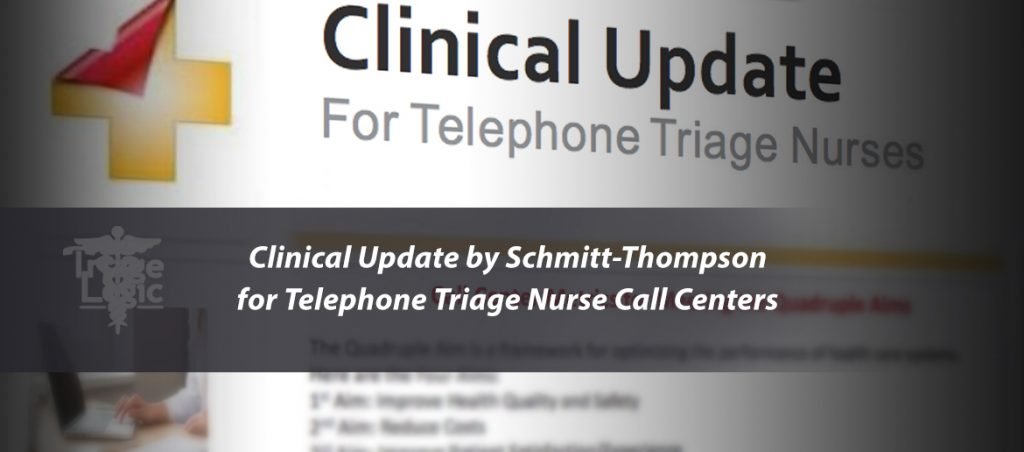E-Cigarettes and Vaping
David Thompson, MD, one of the authors of the Schmitt-Thompson Protocols, has released a clinical update for the telephone triage nurses. This update is focused on the increased use of electronic cigarettes, also called vaping, advising nurses to be ready to answer questions from callers. Below is a summary of the update.
The clinical update addresses these important topics:
- What are electronic cigarettes (e‐cigs)?
- What is in the e‐cigarette fluid?
- What are the risks and complications?
- Do e‐cigs help people quit smoking?
- Closing Recommendations
What are electronic cigarettes (e‐cigs)?
Electronic cigarettes come in various shapes and sizes; they can look like cigarettes, pens, or even USB flash drives. E-cigs are composed of three main parts: a battery, a fluid chamber, and a heating element. The heating element, which is powered by the battery, heats up the fluid and turns it into a vapor.
What is in the e‐cigarette fluid?
The fluid can contain zero to 36 mg/dL of nicotine. There are many different flavors, such as cotton candy and bubble gum, which may add to the use of e-cigs in children. The liquid also contains other chemicals such as heavy metals and possible cancer-causing chemicals.
What are the risks and complications?
Nicotine is addictive and can harm the growing brain of adolescents and young adults. The Centers for Disease Control and Prevention (CDC) has reported an outbreak of lung injury from smoking e-cigs; as of October 1, 2019, there have been over 1000 cases with 18 deaths. Swallowing the e-cig liquid can be harmful to children.
Do e‐cigs help people quit smoking?
It is not yet known if they help people quit smoking. Some smokers who have tried to quit regular cigarettes by using e-cigs have ended up using both products.
Closing Recommendations
Talk with your doctor about using other treatments when trying to quit smoking. Do not buy e-cig products off the street or add anything to the liquid beyond what is approved by the manufacturer. Pregnant women, teens, and children should not use e-cigs.
It is essential to review this clinical update and inform your triage nurses on how to handle calls concerning vaping. If you don’t currently have an after-hours triage solution, TriageLogic maintains one of the most sophisticated nurse triage services in the country. Request a free consultation to see how we can meet your facility’s needs.
View the full update here: Clinical Update by Schmitt-Thompson for Telephone Triage Nurses
Read more about Drs. Barton Schmitt and David Thompson here: Schmitt-Thompson Clinical Content





